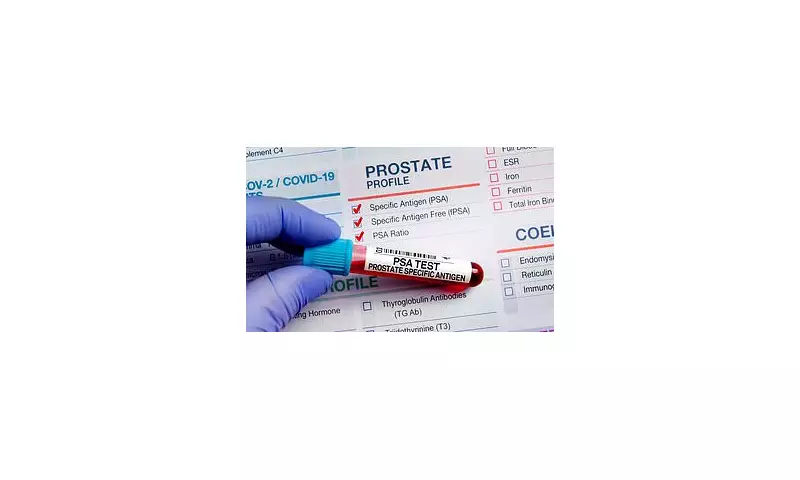
The National Health Service could receive approval for its first-ever prostate cancer screening programme as early as this week, in what health experts describe as a potential game-changer for men's health across the United Kingdom.
Decision Day for Men's Health
On Thursday, the government's National Screening Committee (NSC) will convene to make a crucial decision that could revolutionise early detection and treatment of prostate cancer. The committee, comprising the country's leading oncologists, economists and medical ethicists, is expected to issue its recommendation on whether to implement widespread screening to catch the disease at earlier, more treatable stages.
The proposed screening programme would likely focus initially on people at highest risk, including those with family history of the disease or specific genetic predispositions. This targeted approach reflects growing evidence that screening can significantly reduce mortality rates while minimising unnecessary treatments.
The Case for Screening
Prostate cancer represents the most common form of cancer in men, with approximately 63,000 diagnoses and 12,000 deaths annually in the UK. The Daily Mail has long campaigned for a national screening programme similar to those established for breast, bowel and cervical cancer.
This call has received high-profile backing from Olympic cycling champion Sir Chris Hoy, who revealed his own stage four prostate cancer diagnosis in September 2023. His advocacy has helped bring renewed attention to the urgent need for improved detection methods.
The NHS currently relies on PSA (prostate specific antigen) blood testing combined with MRI scans to detect prostate cancer. While previous concerns about overdiagnosis had slowed progress toward screening, advances in technology have substantially reduced this risk.
Compelling Evidence and Cost-Effectiveness
Major research studies have demonstrated that screening for prostate cancer reduces the risk of dying from the disease by 13 per cent and leads to sustained reductions in mortality over several decades.
Researchers from University Medical Centre Rotterdam found that just one death was prevented for every 456 men invited for PSA testing. Their findings, published in the New England Journal of Medicine, emphasised the need for a more targeted screening strategy.
Meanwhile, a separate analysis from Prostate Cancer Research indicates the health service could provide targeted prostate cancer checks for as little as £18 per patient - less than the cost of breast cancer screening. The report suggests that a targeted programme would likely increase demand for PSA blood tests, MRI scans and biopsies by about 23 per cent, which would be 'manageable' with a modest increase in NHS staffing.
David James, a director at the charity, stated: 'We now have overwhelming evidence to back screening. No man should die just because his cancer wasn't found in time.'
Transformative Trial Underway
Last week saw the first participants invited to join the groundbreaking £42 million Transform project, described as the most significant prostate cancer screening trial in two decades. The study will eventually recruit more than 300,000 men, with an initial 16,000 participants comparing combinations of PSA tests, genetic saliva tests and rapid MRI scans against current NHS diagnostic pathways.
Health Secretary Wes Streeting described the trial launch as marking 'a turning point', with the prospect of more patients being diagnosed early when the disease is easier to treat and survival chances are significantly higher.
Professor Nick James has argued that the case for PSA screening is becoming 'increasingly strong', suggesting that existing data is 'already sufficient' to justify a national programme.
Former Prime Minister Rishi Sunak has emphasised that a prostate cancer screening programme would have 'generational impact' on men's health, advocating for a shift 'from reactive care to proactive prevention'.
If the National Screening Committee recommends implementing a screening programme, experts estimate it would take between three to five years to become fully operational across the NHS.






